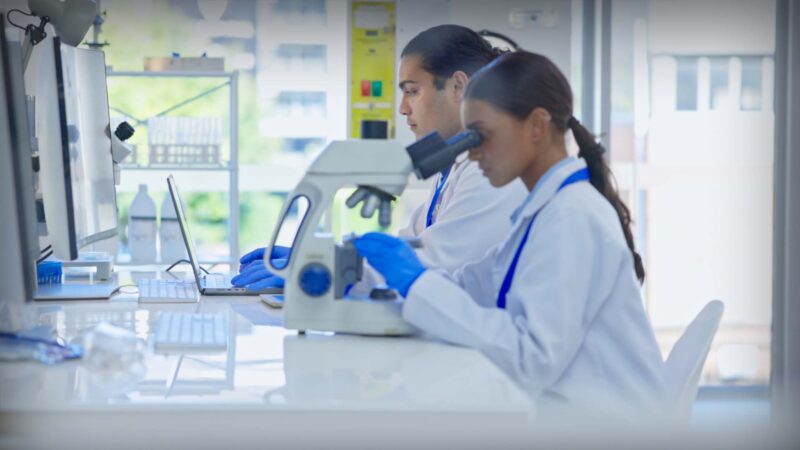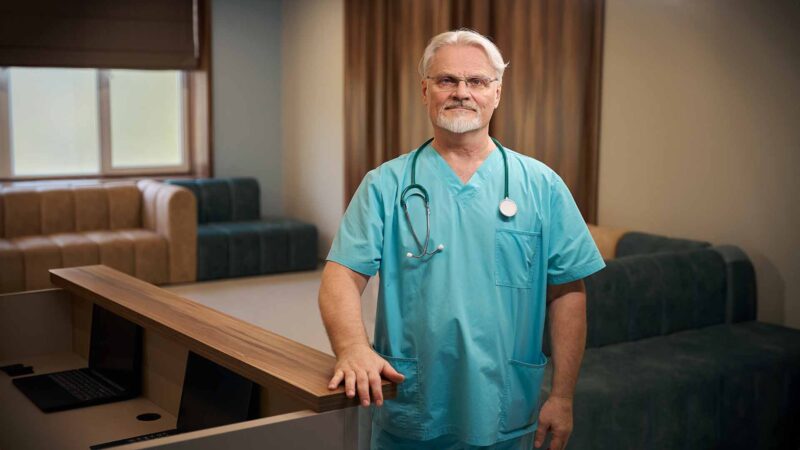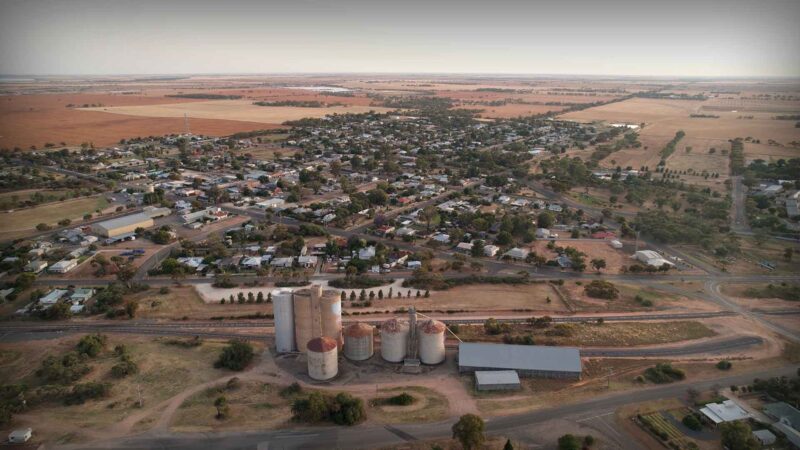National Cancer Plan activates Australian Comprehensive Cancer Network
The landscape of cancer care in Australia is set to transform with the Australian Government launch in May 2024 of the Australian Comprehensive Cancer Network (ACCN) at the Innovations Showcase event, hosted by Cancer Australia in Sydney, Australia.
The ACCN is a nationally integrated system of cancer care, aimed at enhancing patient experiences and outcomes through coordinated and equitable access, by linking to comprehensive cancer services across Australia. Anchored by Comprehensive Cancer Centres (CCCs), the ACCN strives to deliver evidence-driven prevention, diagnosis, treatment, and support to all Australians affected by cancer.










